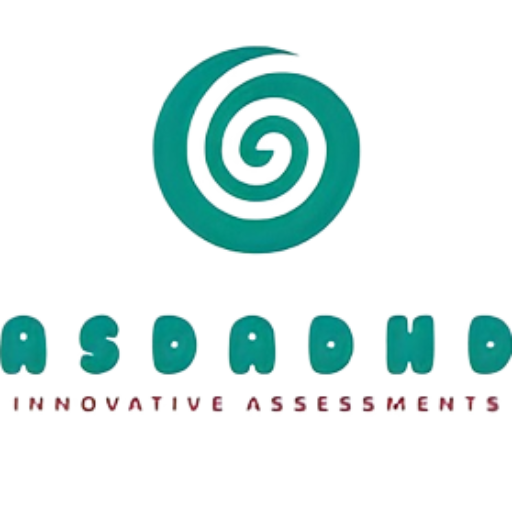4 Jul, 2023 | anishdr | No Comments
Empowering Teenagers with ADHD
Building Self-Esteem and Confidence
Teenagers with ADHD may face challenges that impact their self-esteem and confidence. However, empowering them and nurturing their self-belief is crucial for their overall well-being and success. Here are some strategies to build self-esteem and confidence in teenagers with ADHD:
Focus on strengths: Help teenagers identify and celebrate their strengths and unique qualities. Encourage them to explore activities where they excel and provide opportunities for them to showcase their talents.
Set realistic expectations: Help teenagers set realistic expectations for themselves. Break tasks into manageable steps and acknowledge their efforts and progress along the way. Remind them that setbacks are normal and part of the learning process.
Encourage self-advocacy: Teach teenagers to advocate for themselves by expressing their needs, seeking support when necessary, and effectively communicating with teachers, mentors, and peers. Encourage them to actively participate in their education and decision-making processes.
Provide positive reinforcement: Offer genuine praise and recognition for their accomplishments, no matter how small. Focus on their efforts, perseverance, and personal growth. This reinforces their self-worth and motivates them to continue striving for success.
Foster a supportive environment: Create a safe and understanding environment where teenagers feel accepted and valued. Encourage positive peer relationships and provide opportunities for social interactions that build their self-confidence.
Support Systems and Resources for Teenagers with ADHD
Having a strong support system is vital for teenagers with ADHD. It provides them with the necessary resources, guidance, and understanding to navigate their challenges effectively. Here are some support systems and resources that can empower teenagers with ADHD:
Family support: Engage parents, siblings, and other family members in understanding ADHD and providing support. Open communication, empathy, and collaboration can strengthen the family’s ability to support the teenager’s needs.
Educators and school support: Collaborate with teachers, school counselors, and special education professionals to create individualized education plans (IEPs) or 504 plans that address the teenager’s specific needs. Regular communication with educators helps ensure consistent support in academic settings.
ADHD support groups: Connect teenagers with ADHD-specific support groups or online communities where they can share experiences, receive guidance, and find a sense of belonging. Peer support can be immensely valuable in navigating the challenges of ADHD.
Therapy and counseling: Consider seeking professional help from therapists or counselors who specialize in ADHD. They can provide valuable strategies for managing symptoms, improving executive functioning skills, and addressing emotional well-being.
ADHD-focused organizations and websites: Direct teenagers and their families to reputable organizations and websites that offer reliable information, resources, and tools for managing ADHD. Examples include CHADD (Children and Adults with Attention-Deficit/Hyperactivity Disorder) and ADDitude Magazine.
Celebrating Success: Inspiring Stories of Teenagers with ADHD
Sharing inspiring stories of teenagers with ADHD who have achieved success can be a powerful source of motivation and empowerment. These stories demonstrate that ADHD does not define one’s abilities or limit their potential. Here are a few examples of successful individuals with ADHD:
Richard Branson: The renowned entrepreneur and founder of Virgin Group, Richard Branson, has openly discussed his experience with ADHD. Despite facing academic challenges, he channeled his creativity and risk-taking nature into building a global business empire.
Simone Biles: The decorated Olympic gymnast, Simone Biles, has ADHD and has spoken about how it affected her training and focus. Through her dedication, perseverance, and exceptional talent, she has become one of the most successful gymnasts in history.
Justin Timberlake: The Grammy-winning musician and actor, Justin Timberlake, has ADHD. His immense creativity and ability to excel in the entertainment industry showcase the unique strengths that individuals with ADHD can possess.
These success stories highlight that ADHD does not define one’s destiny. By sharing such narratives, teenagers with ADHD can find inspiration and realize their own potential for greatness. It is important to emphasize that success comes in various forms and that each individual’s journey is unique.
By focusing on building self-esteem, providing a supportive environment, accessing appropriate resources, and celebrating success stories, we can empower teenagers with ADHD to embrace their strengths, pursue their passions, and thrive in all aspects of life.

Write Reviews
Leave a Comment
No Comments & Reviews